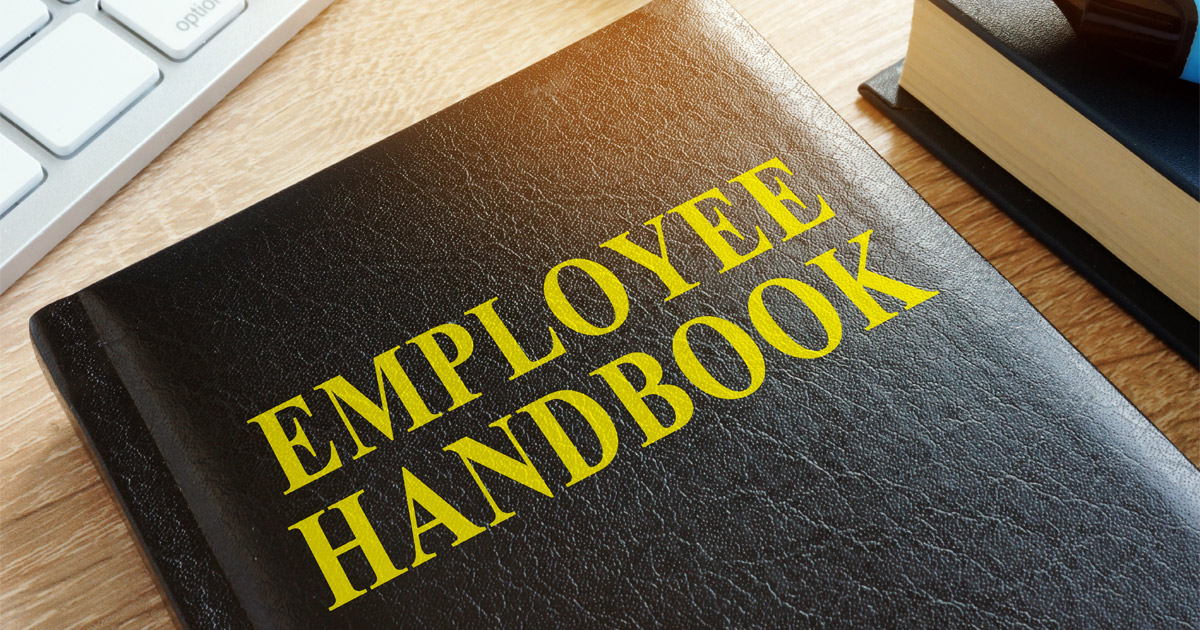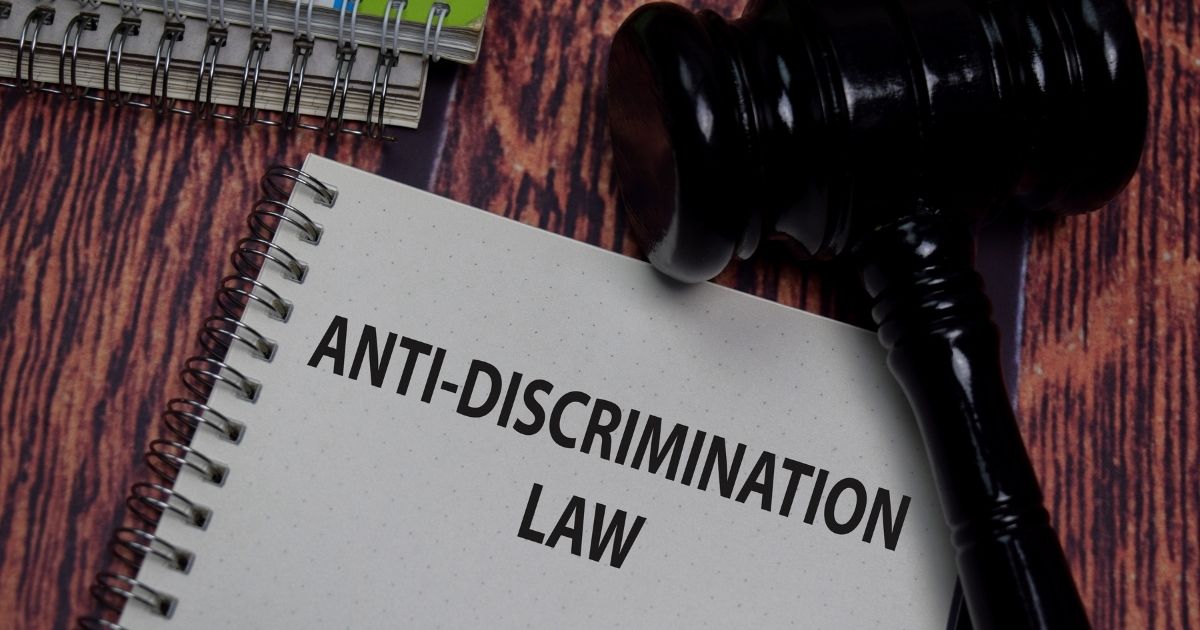Walmart Must Face Bias Claim by Worker Regularly Absent Post-Injury

A U.S. appeals court has revived claims that Walmart Inc. unlawfully fired a “people greeter” at a Maine store who was absent or left work early on more than 20 occasions to attend doctor appointments or because of complications caused by medication for a work-related injury.
A unanimous three-judge panel of the U.S. Circuit Court of Appeals for the First Circuit said it was unclear whether her attendance lapses were excusable under Walmart policy because they stemmed from a pelvic injury she sustained while working. The Panel said a Maine district court judge should not have granted summary judgment to the retail giant. The Court revived her claim of disability discrimination and her allegation that Walmart unlawfully retaliated against her for complaining that she was being harassed for missing work for medical reasons.
Walmart hired the plaintiff as a cashier at a Windham, Maine store in 2013, and the following year she injured her pelvis while working, according to court filings. She took a leave of absence after the injury and another about 18 months later. Around the time of her second leave, she filed a lawsuit in Maine federal court accusing Walmart of failing to accommodate her disability. The case was ultimately dismissed.
While the lawsuit was pending, in 2016, the plaintiff returned to work. But the plaintiff was absent or missed at least two hours of a shift 12 times in a two-month period, according to court filings. After meeting with the store manager, where she was warned about not properly notifying Walmart of her absences, the plaintiff complained to a human resources official that she felt she was being harassed. The plaintiff was subsequently late or absent several more times, and was fired about two months after the meeting, according to case filings.
The plaintiff sued Walmart in 2019, accusing the company of disability discrimination and retaliation in violation of state law. The U.S. District Court granted summary judgment to Walmart last year, finding that attendance was an essential function of her role as a people greeter and that she was not qualified for the job.
The plaintiff appealed, arguing that many of her absences were authorized under Walmart’s attendance policy because they were related to an on-the-job injury, and she had given advance notice to her managers.
The 1st Circuit panel said it was unclear whether her absences should have been excused, and whether Walmart’s policy applied to illnesses caused by medications prescribed to treat a work-related injury, reviving the lawsuit. “It is impossible to unequivocally conclude that Wal-Mart internally established that in fact the store’s allowed number of authorized absences had been exceeded,” wrote U.S. District Judge Gustavo Gelpi of the District of Puerto Rico, who sat by designation.
The Court also said the window of time between the harassment complaint and the firing was small enough to allow her to pursue her retaliation claim under Maine law.
Philadelphia Employment Lawyers at Sidkoff, Pincus & Green P.C. Assist Clients Who Were Wrongfully Terminated.
If you believe you were wrongfully terminated after requesting reasonable accommodations to allow you to successfully complete your job responsibilities, our Philadelphia employment lawyers at Sidkoff, Pincus & Green P.C. can help. Call us today at 215-574-0600 or contact us online for an initial consultation. Located in Philadelphia, we proudly serve clients throughout New Jersey and Pennsylvania.






















